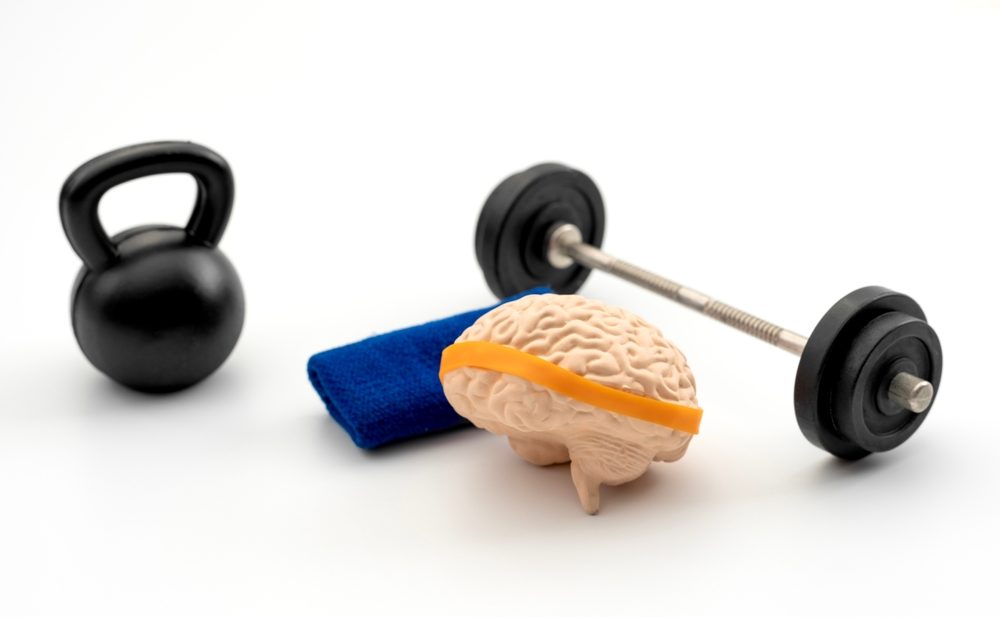- September 23, 2024
- by Harshita Bajaj
- Sports Psychology
Defining Sports Psychology
Sports Psychology is the study of how psychological factors has an impact on performance, physical activity and behavior. It identifies the influence it has on a person’s overall growth and wellbeing. The components of sports psychology are:
- Anxiety and stress management– It helps individuals learn about the techniques to manage stress and anxiety, understand the benefits of breathing techniques and restructure irrelevant or negative thoughts.
- Focus and concentration- Different techniques like mental imagery and mindfulness are used to maintain focus and concentration. Mindfulness focuses on being in the moment.
- Resilience- It is an important characteristic of people involved in sports, in a way, resilience and sports go hand in hand. Thus, sports psychology also emphasizes the importance of inculcating it.
- Motivation and goal setting- Understanding the extrinsic and intrinsic motivation, the driving factors, the process of goal setting behaviors leads to positive outcomes by enhancing performance.
What is Performance Psychology?
Performance psychology is the branch of psychology which focuses on the psychological factors which influence optimal human performance. It also helps in learning and identifying the mental skills and strategies to perform under pressure. This area works on refining skills and developing new ones with different possibilities.
Various interventions like Cognitive Behavioral Therapy (CBT), Acceptance and Commitment Therapy (ACT) and Psychological Skills Training benefit an individual in developing certain mental states that can elevate the level of performance and thrive under difficult situations.
Performance Psychology also aims to systematically assess the individual and collective skills related to performance. The systematic assessment includes attention, motivation, anxiety, performance intelligence, cognition and emotion.
The role of the performance psychologist is to help individuals establish and maintain optimal output by developing motivation, mastery and excellence. Emotional regulation requires attention because it is crucial to optimal performance in high pressure situations. The usual requirement of the performance psychologist is to guide the individuals to develop and maintain high levels of concentration under pressure.
Sports psychologists near you and how they can help
The role of a sports psychologist is crucial for better performance and better resiliency. Individuals who choose a career path in sports go through numerous situations which require a set of skills and awareness about the coping mechanisms. Therefore, it is important to seek guidance and help from a professional and learn interventions for overall growth and wellbeing. It is easier to reach out to a sports psychologist because of virtual availability and the high convenience of it.
The online accessibility of sports psychologists has helped the performers to reach out to professionals for better emotional regulation, effective coping with failure and resiliency in terms of success. A sports psychologist can help the performers identify the intrinsic motivational factors such as – achievement motivation, self-efficacy, resiliency and extrinsic motivational factors such as- instance sports performance, team cohesion. This supports the performers with a better understanding of the sport and their performance related to the specific sport. Since the role of sports psychologist is vital and the awareness about this field is rapidly increasing, the online accessibility has impacted and helped performers to deal with stress and anxiety.
Foundations of sport and exercise psychology
The foundations of sports and exercise psychology indicates the principles, theories and applications to understand the influence of the psychological factors on physical performance. Sports and exercise have immense benefits on physical and mental health leading to overall positive growth and development.
The significant foundations of sport and exercise psychology are:
- Historical context: The field of sport and exercise psychology gained the attention in the early 20th century when psychologist like Norman Triplett studied the relationship between performance and mental health.
- Conceptual framework: The conceptual framework provides an understanding of the influence of the physiological processes and cognitive functioning, for example, studying the influence of anxiety on the functioning of the heart during competition.
- Psychological theories: Bandura’s concept of self-efficacy is used to explain the individual’s ability to perform tasks effectively. Strategies like goal setting, mindfulness and positive self-talk are used to maintain focus and prevent distractions. Self-determination theory and achievement goal theory explains what drives the performers to train and persist during challenges.
- Individual differences: The traits which are important in the field of sports are extroversion, conscientiousness, openness and resiliency and these traits determine one’s approach towards the sport.
- Team Cohesion: The group dynamics is an important enabling factor which influences the performance in groups. Understanding the roles and developing trust and cooperation is important for successful team performance.
Sports psychology has the ability to use the psychological knowledge and techniques to identify the necessary skills for optimal performance and growth for overall wellbeing. It also encompasses the behavioral, social and developmental factors associated with sport settings and organizations.
The interventions are specifically designed to assist the performers to deal with a broad range of settings including motivation, grief, stress, anxiety, depression, aggression, violence and identity crises. The training programs consists of strategies for both individual and group performance. The individual attributes include focus, concentration, attention, self-esteem and self-confidence and the group attributes include group cohesion, sports organization, motivation enhancement and talent development.
Overall, any individual would greatly benefit from a sports psychologists’ intervention or expertise and further, this budding field of psychology aptly highlights the mind body connection that one can utilize to their advantage by enhancing both their body and mind with some simple, easy to do techniques, activities, sports and physical activity!
Looking for a registered, trained sports psychologists near you has been made easy with NABHS as we help you get a sports psychologist who is closest to your location and meets all your needs!











